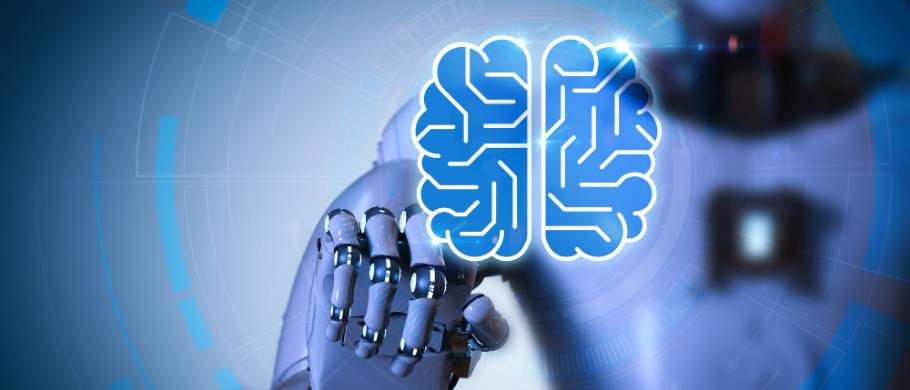The rapid advancement of Artificial Intelligence (AI) has raised questions about its potential to replace human IT professionals. While AI is undeniably transforming various industries, the role of IT professionals is multifaceted and complex. In this blog, we’ll explore the possibilities and limitations of AI in the context of IT roles and whether it can truly replace human expertise.
AI’s Strengths:
Automation of Repetitive Tasks: AI excels at automating routine, rule-based tasks, such as system monitoring, data entry, and software updates. This can free up IT professionals from mundane activities.
- Data Analysis and Insights: AI can analyze vast datasets to identify patterns, anomalies, and trends, aiding IT professionals in decision-making and problem-solving.
- Enhanced Security: AI-driven cybersecurity tools can detect and respond to threats in real-time, bolstering an organization’s defenses.
- 24/7 Availability: AI systems can provide continuous monitoring and support, ensuring system uptime and availability.
AI’s Limitations:
- Lack of Creativity and Context: AI lacks the creative problem-solving abilities and contextual understanding that human IT professionals possess. It struggles with novel or complex issues that require nuanced solutions.
- Complex Decision-Making: AI can assist in decision-making by providing data, but the final decisions often require human judgment, considering ethical, legal, and business implications.
- Interpersonal Skills: Human IT professionals excel in communication, teamwork, and understanding the needs of end-users, which AI currently cannot replicate.
- Adaptation to Rapid Changes: The IT landscape evolves rapidly. Human professionals are more adaptable to new technologies and methodologies as they emerge.
AI as a Collaborative Tool:
Rather than replacing IT professionals, AI is better viewed as a powerful tool that can augment their capabilities. IT professionals can leverage AI to automate routine tasks, gain insights from data, and enhance security. This collaboration allows humans to focus on strategic planning, innovation, and creative problem-solving.
New IT Roles Emerging:
The integration of AI in IT has given rise to new roles, such as AI engineers, machine learning specialists, and data scientists. IT professionals who adapt and acquire AI-related skills will be in high demand to develop, implement, and manage AI systems.
Ethical and Responsible AI:
The ethical use of AI requires human oversight and governance to ensure fairness, transparency, and compliance with regulations. Ethical considerations in AI development and deployment are best addressed by human professionals.
Unique Systems Skills LLC offer IT training, Staffing & Consulting services. Please contact us more information on Java classes offered by us call 1-844-887-9239, email training_usa@systemskills.com
Conclusion:
While AI is transforming the IT landscape and automating many tasks, it is unlikely to completely replace human IT professionals. Instead, AI should be seen as a valuable tool that enhances their capabilities, streamlines operations, and enables IT professionals to focus on higher-level, strategic tasks. In this evolving tech landscape, IT professionals who embrace AI, adapt and continue to develop their skills will remain invaluable contributors to the industry.

